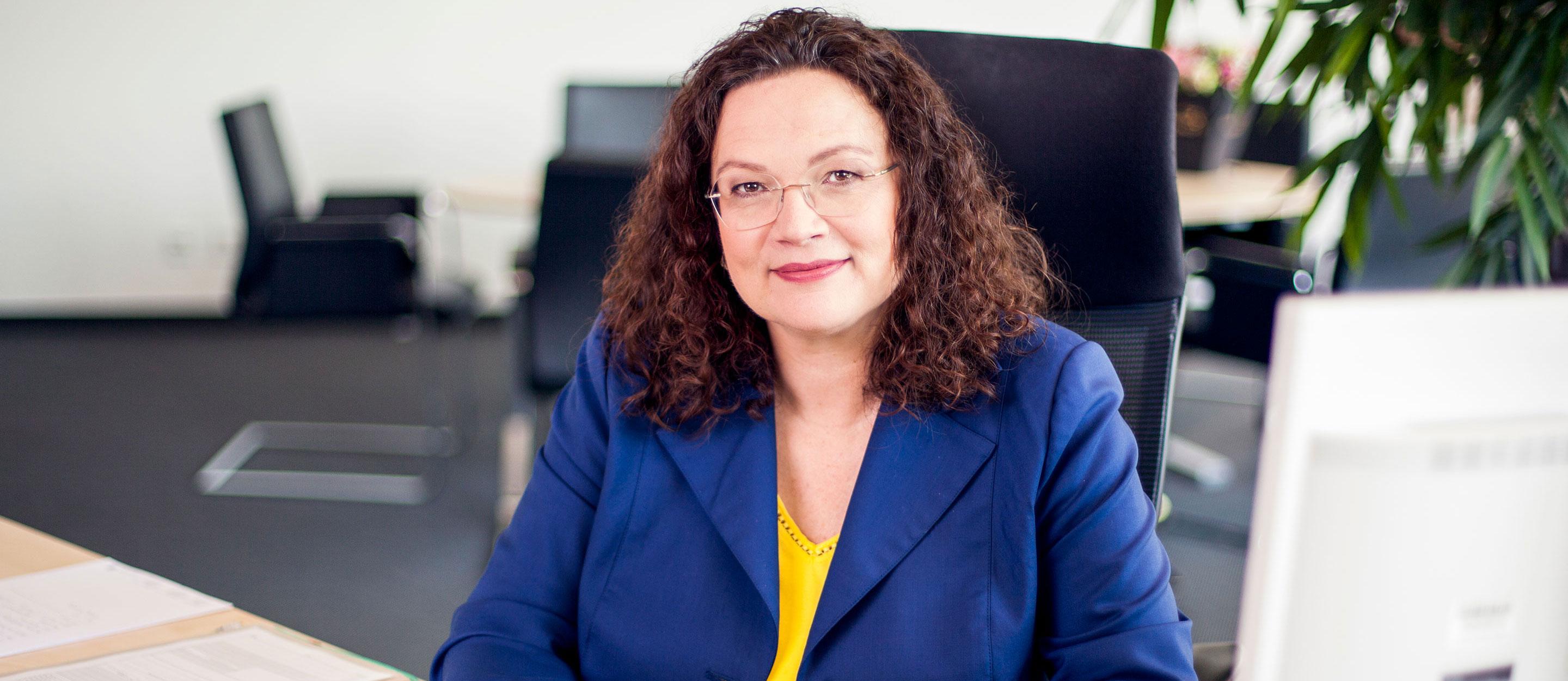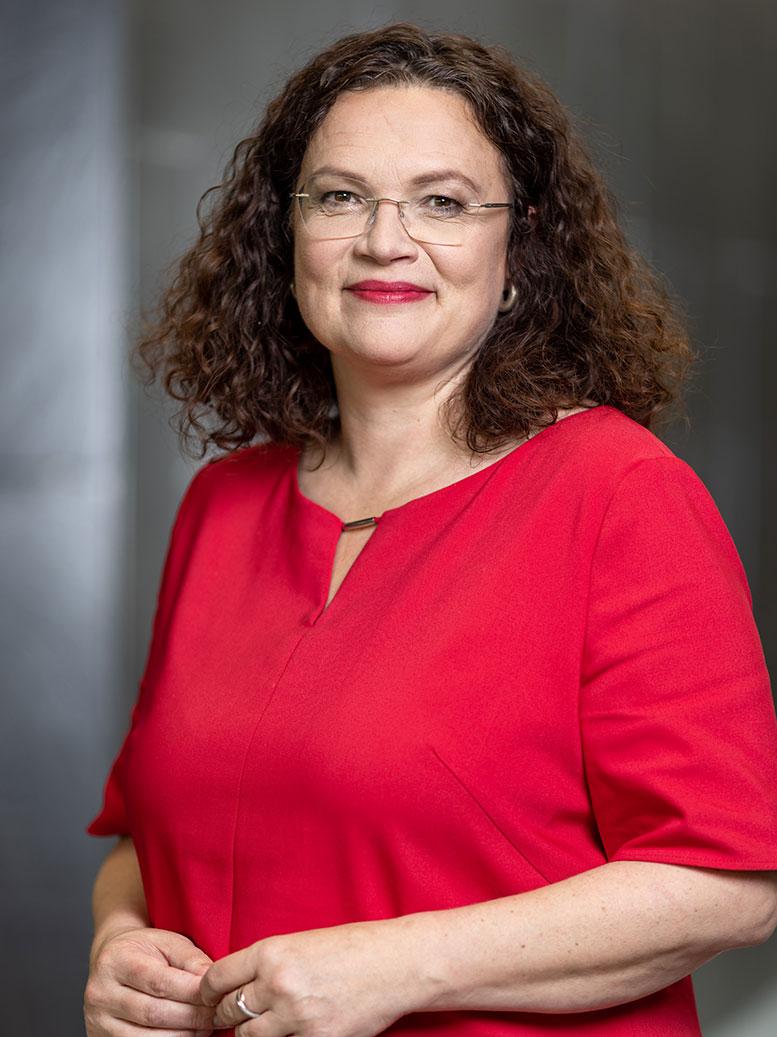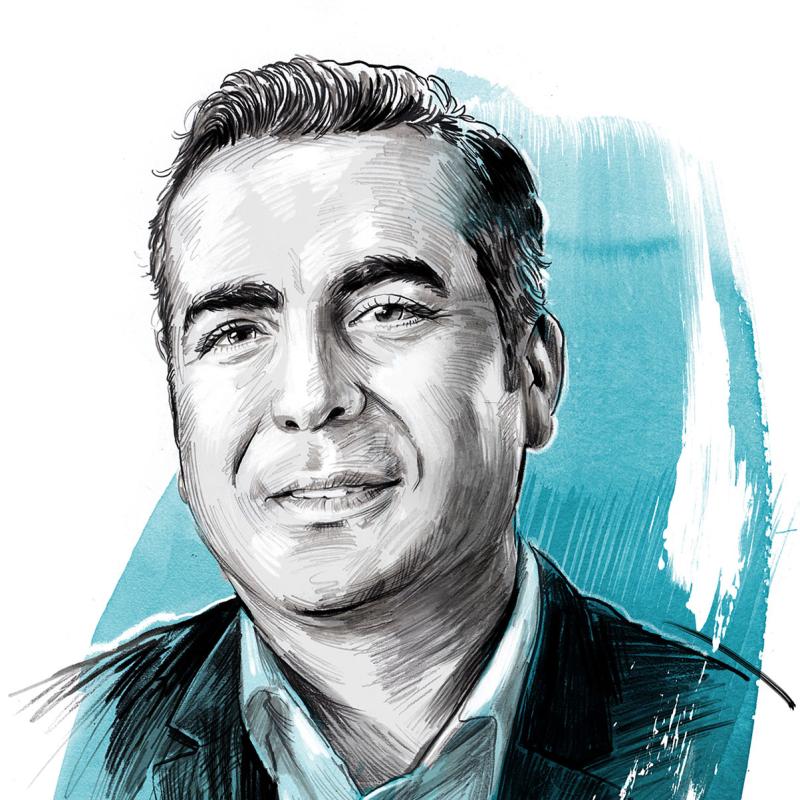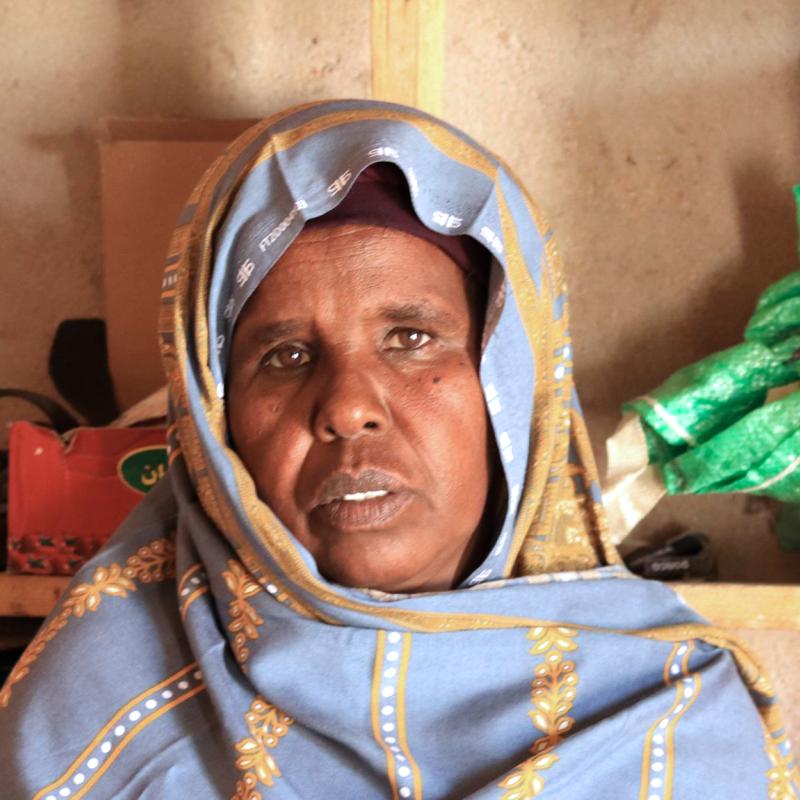 Sonja Och
Sonja Och
‘It is essential that migration is fair!’
Interview with Andrea Nahles, Chair of the Executive Board of the German Federal Employment Agency, on skilled migration and the benefits it can have on all sides.
Ms Nahles, what defines a modern country of immigration and has Germany now become one?
Germany has effectively been a country of immigration for a long time, with over a quarter of the German population having a migration background. However, we do not yet have a real tradition of skilled migration. For a long time, the recruitment of experts and workers was seen as something temporary, such as the ‘guest workers’ of the 1960s – and there was no sustainable strategy for this. Up to now, most migrant workers have come from the EU or originally fled to Germany for humanitarian reasons. However, we no longer need to shy away from comparison with modern immigration countries such as Canada, as Germany has caught up considerably in many areas of migration management.
Where, for example?
For instance with the new Skilled Immigration Act, which makes Germany more attractive for foreign workers. More support is provided in advance to the people we want to recruit, before they even arrive in the country. This positive development is due to the realisation that there can be no prosperity and therefore no welfare state in our country in the future without skilled migration. It is therefore important to further reduce the hurdles for foreign workers. Faster recognition of qualifications and the digitalisation and debureaucratisation of administrative processes are important factors here. And where we definitely need to improve is in marketing Germany internationally as a cosmopolitan country of immigration. This will become even more important in the future because all industrialised countries with growing economies and generally shrinking populations want to attract qualified migrants. So the competition is fierce! What we need first to create a good image for ourselves, however, is a credible culture of welcoming migrants – something that is unfortunately not established throughout Germany.
 picture alliance/dpa
picture alliance/dpa
Andrea Nahles has been Chair of the Executive Board of the German Federal Employment Agency since August 2022. The former SPD politician has held various positions, including serving as the Federal Minister of Labour and Social Affairs.
‘GIZ has long been well networked and recognised in our cooperation countries. That is a great advantage and helps to build trust.’
How do you respond to the criticism of those who fear a brain drain in people’s home countries as a result of skilled migration to Germany?
I can certainly understand such opinions. After all, if large numbers of qualified workers emigrate, a country has little chance of developing positively and catching up with the international competition. In turn, this leads to the destabilisation of entire states, which is not at all what we as countries of immigration want. It is essential that migration is fair! It only realises its full positive potential when – alongside the requirements on the labour market in the immigration countries – the development opportunities for people’s home countries are also taken into account. Bilateral agreements, for example, are an important instrument in achieving this. The partner countries from which we recruit workers and experts are selected on the basis of transparent and development-oriented criteria. In this way, we aim to avoid brain drain from the outset.
What role can GIZ play in ensuring successful labour migration for all sides?
Germany has a great interest in ensuring that all sides benefit from skilled migration – the people who want to live and work in Germany, German employers and also the partner country the workers come from. That’s where GIZ comes in. The company has long been well networked and recognised in our cooperation countries. Its employees include many local people who are familiar with the local culture and realities of everyday life. That is a great advantage and helps to build trust. For this reason, the Federal Employment Agency and GIZ have been working together in various programmes for many years.
Can you give any examples?
The Triple Win programme has been in place since 2013 to attract urgently needed nursing staff to the German labour market. It supports women and men as they make the move to Germany. GIZ organises integration and language courses and coordinates their departure from their home countries. The Federal Employment Agency advises German employers and concludes placement agreements with the labour administrations in the countries concerned. This therefore ensures a reliable migration process for the experts. The partner countries, which often have a very young population and high level of unemployment, benefit too, as they can offer their citizens secure new career prospects abroad. When it comes to selecting our partner countries, we follow the standards of the World Health Organization in the health sector to ensure that the provision of health care in these countries is not affected.

